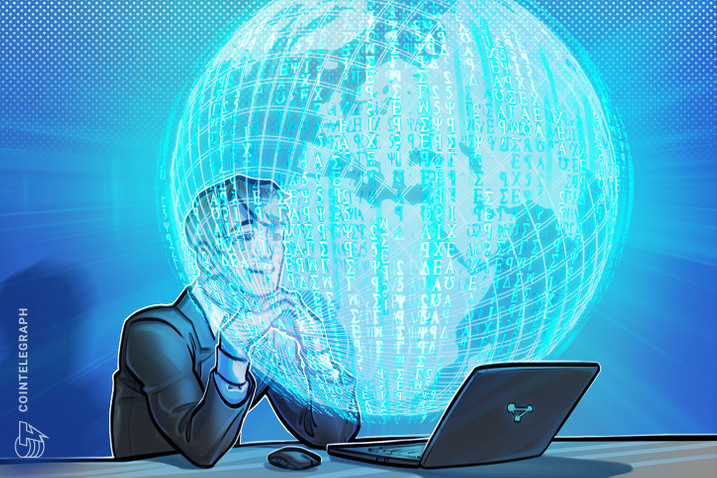Discover seven real-world IoT applications transforming industries with innovative examples and their impact on efficiency and convenience.

OVERVIEW
The Internet of Things (IoT) has emerged as a transformative technology, connecting physical devices to the digital world and enabling data-driven decision-making. This interconnectivity has given rise to innovative applications across various industries, streamlining processes, enhancing efficiency and creating new opportunities. This article will break down seven real-world IoT applications and examples that are revolutionizing industries worldwide.
Smart home automation
IoT has transformed how we interact with our homes, making them smarter and more practical. To improve comfort, energy efficiency and security, smart home automation systems make use of IoT-capable gadgets like smart thermostats, lighting controls and security cameras.
A smart thermostat, for instance, may learn your preferences for heating and cooling and change temperatures accordingly, saving energy. Smart security cameras, meanwhile, enable homeowners to remotely watch their property and receive notifications in the event of suspicious activity.
Industrial Internet of Things
The Industrial Internet of Things (IIoT) has opened the way for higher productivity and decreased downtime in the industrial sector. Manufacturing equipment now includes IoT sensors that enable predictive maintenance and real-time monitoring of machine operation.
This preventative strategy reduces expensive breakdowns and improves the general effectiveness of industrial processes. For wind turbines, IIoT is used in predictive maintenance to ensure prompt repairs and maximize energy output.
Advertisement
Claim your wallet ID and do crypto on/off-ramp, effortlessly. Ready, set, XGo!
Remote patient monitoring and healthcare
By enabling remote patient monitoring and individualized healthcare solutions, IoT has had a huge impact on the healthcare sector. Health data is collected by wearable IoT devices like fitness trackers and smartwatches and sent to healthcare professionals.
The outcomes for patients are improved by this real-time monitoring, which aids in the early identification of health conditions. Additionally, IoT-enabled medical devices aid in the smooth integration of patient data with electronic health records, enabling healthcare providers to make decisions based on data.
Smart agriculture
The idea of “smart farming,” which maximizes crop yields and resource usage, has emerged in the agricultural sector thanks to IoT. IoT sensors are used to track the temperature, moisture content of the soil, and other environmental variables.
After that, the data is examined to reveal information on crop health, insect control and irrigation timing. Smart agriculture gives farmers the ability to decide with knowledge, save water and prevent resource waste, which eventually results in sustainable farming methods.
Related: How this AgTech firm transforms agriculture with its powerful tech stack
Connected vehicles and transportation
IoT is transforming the automobile sector by enabling connected cars and intelligent transportation systems. Vehicle performance, diagnostics and health may all be tracked in real time with IoT technology.
Smart traffic management systems built on the Internet of Things can also optimize traffic flow, lessen congestion and improve road safety. For instance, networked automobiles can provide other routes and get real-time traffic data, which helps streamline regular commutes.
Smart cities
IoT is essential to changing cities into smart cities, which will shape their future. Urban infrastructure is equipped with IoT sensors and gadgets to gather information on a variety of topics, such as energy use, trash management, traffic flow and other environmental factors. By using data-driven decision-making, local officials may better allocate resources, increase public services and improve the quality of life for citizens.
Retail and customer experience
Through the creation of a customized and immersive purchasing experience, IoT has completely transformed the retail sector. Beacons and smart shelves are examples of IoT devices that may detect customer movements inside stores, examine purchasing trends and provide customized product recommendations.
Related: 10 emerging technologies in computer science that will shape the future
This data-driven strategy helps businesses optimize shop designs and product placements while increasing customer interaction. IoT-based inventory management systems also make sure that merchandise is refilled effectively, minimizing stockouts and enhancing overall inventory accuracy.


Leave feedback about this